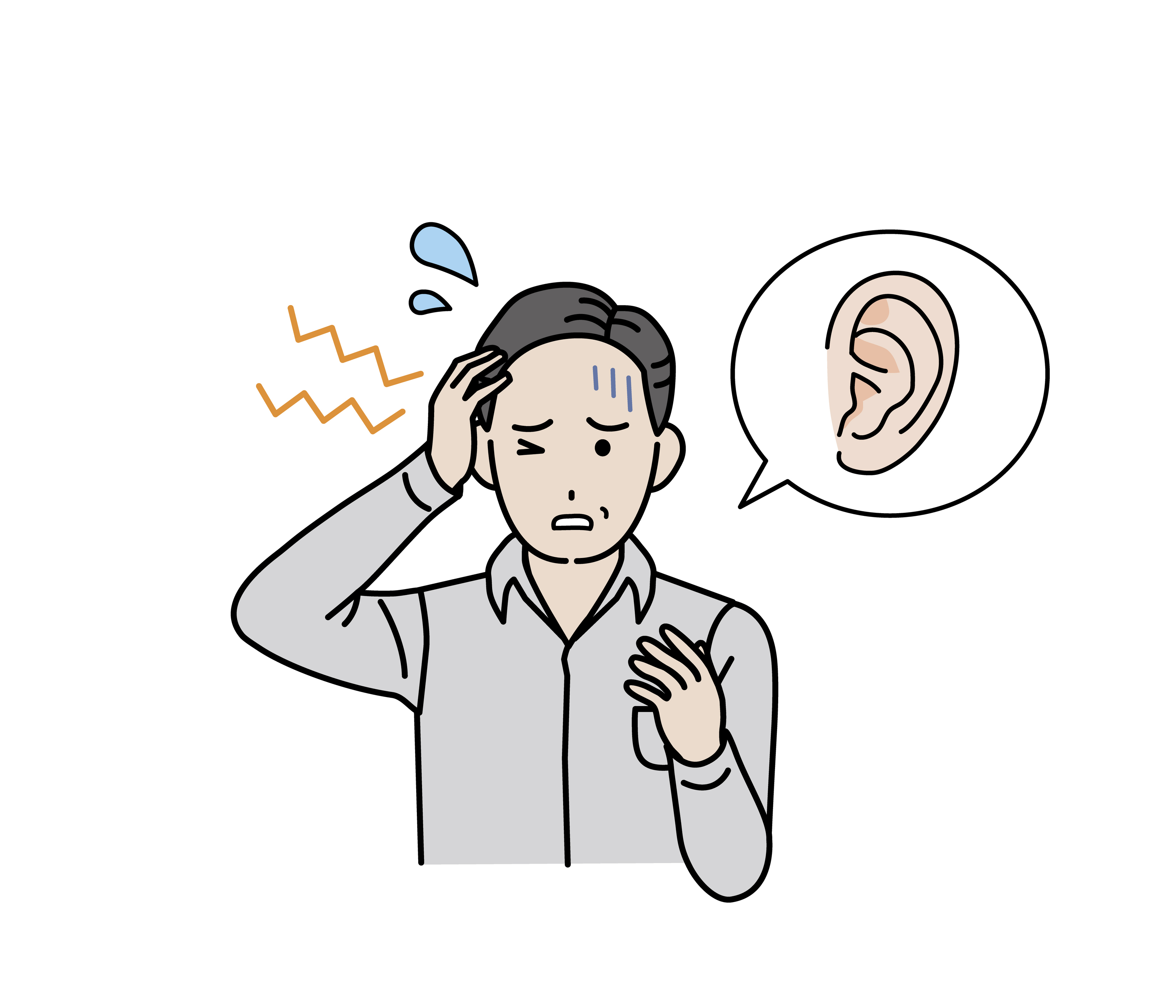
December 13, 2022
Bruce Hubbard, PhD, ABPP
and
Tinnitus is a common neurological condition in which a person hears internal sounds which have no external source. This webinar incorporates concepts and strategies from two therapies in the CBT family, which have been shown to significantly reduce tinnitus distress: Acceptance and Commitment Therapy (ACT) and Mindfulness Based Cognitive Therapy (MBCT).

May 4, 2023
Antonia Kaczkurkin, PhD
and
This May 4th live webinar will introduce participants to the concerns raised about our current mental health classification system (DSM-5), to become familiar with the research exploring alternative taxonomies, and to understand how this may impact the future classification of internalizing disorders (anxiety and depressive disorders) in particular.

June 22, 2023
M. Katherine Shear, PhD
and
In this live webinar, Dr. Katherine Shear will explain the relationship between usual grief, complicated grief, and PGD and describe how to recognize the latter.

March 23, 2023
Robert L. Leahy, PhD
and
The webinar will review how specific assumptions that underlie decision making make us more vulnerable to regret.

March 9, 2023
Erlanger Turner, PhD
and
This webinar focuses on providing clinicians with practical tools for applying multicultural guidelines when providing psychotherapy to Black and African American clients.

February 22, 2023
Katy Rothfelder, LPC-A
and
John M. Hart, PhD
and
This webinar will discuss using processes within Acceptance and Commitment Therapy, and the latest research on grief, clinicians can support their clients in noticing and allowing their experiences of loss as a continuously unfolding process throughout treatment.

February 9, 2023
Elizabeth McMahon, PhD
and
This webinar covers uses of virtual reality (VR) in treating phobias, presents key research findings supporting VR exposure therapy (VRET), and touches on Diversity/Equity/Inclusion (DEI) issues. The presentation includes seven secrets of effective VRET, eight ways to monitor client response, and two case studies. The webinar also discusses VRET’s benefits, potential risks, common therapist concerns, and two approaches to creating a VR exposure hierarchy.









